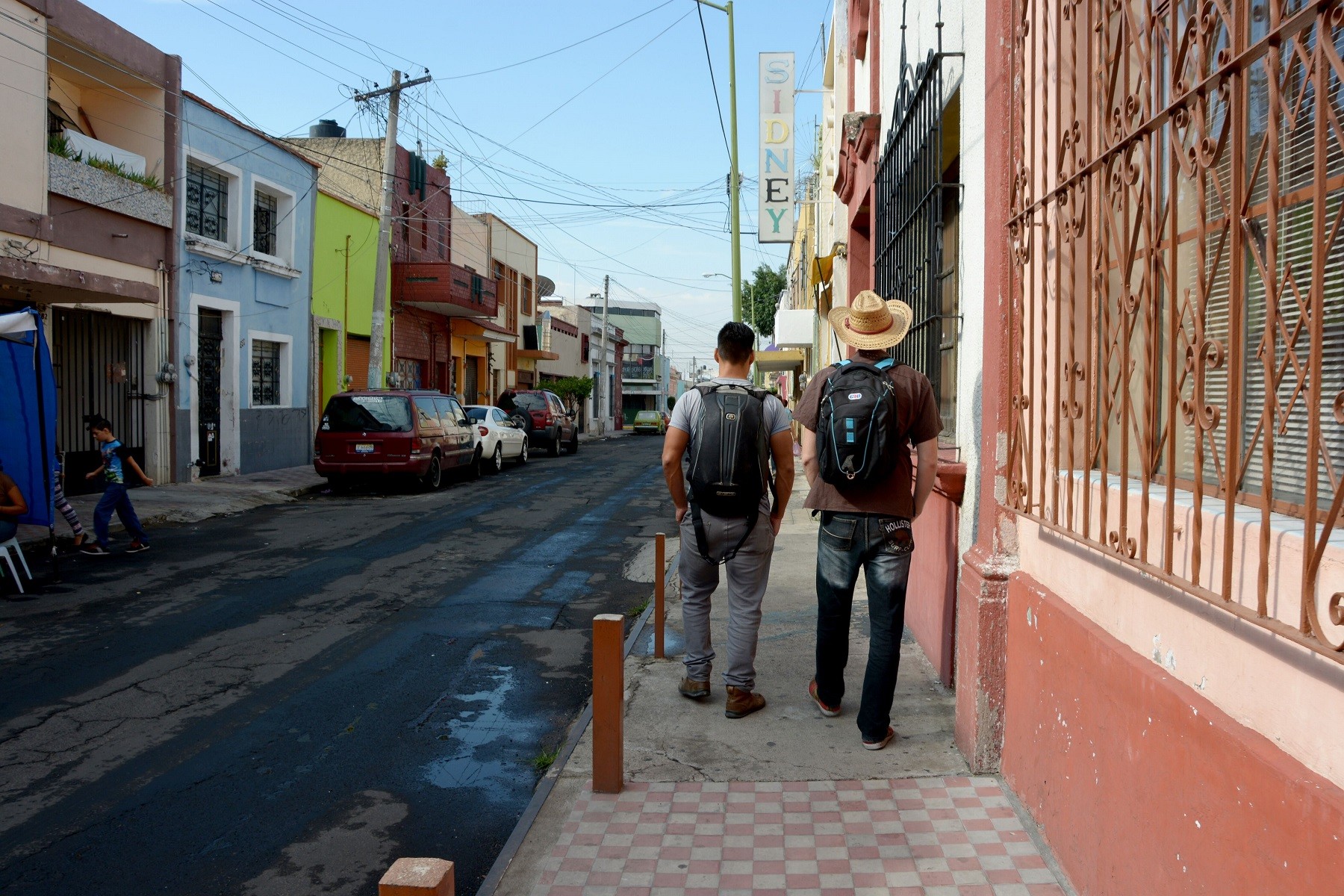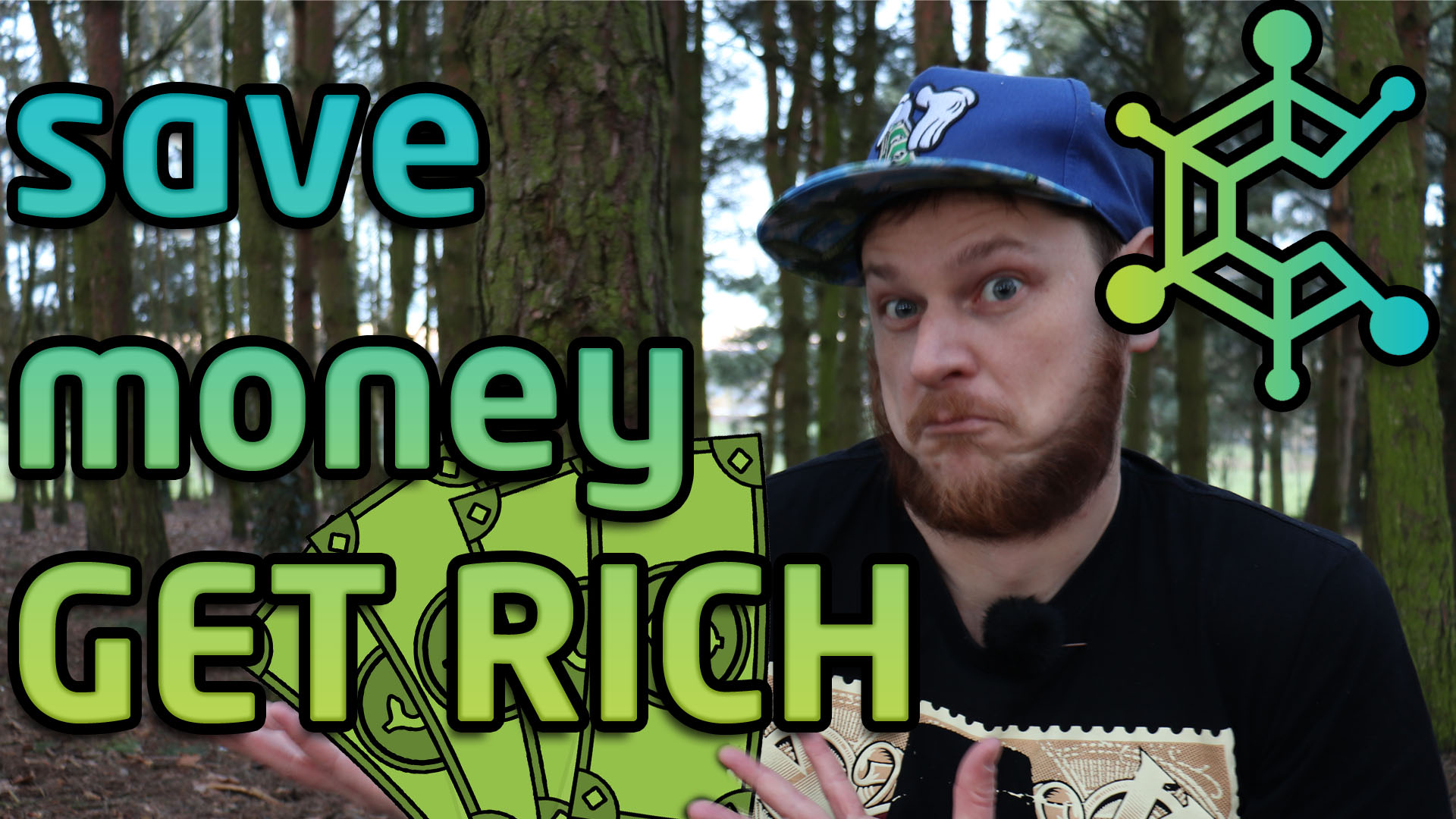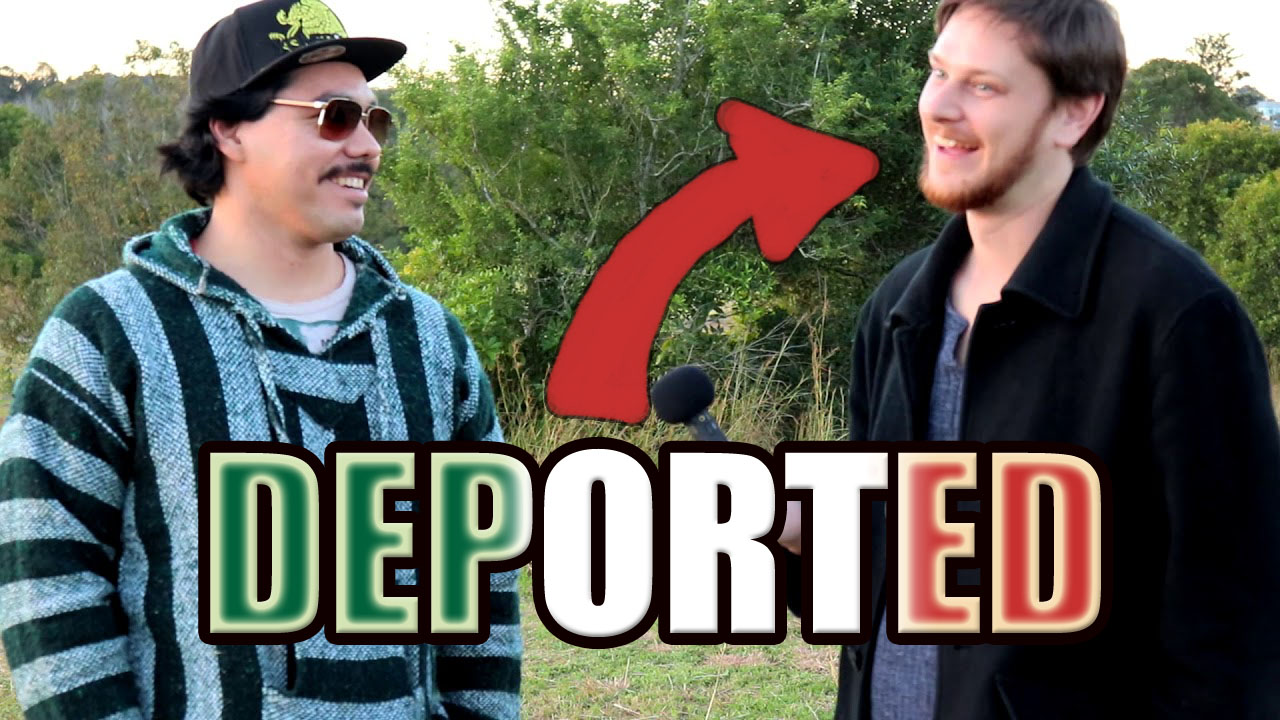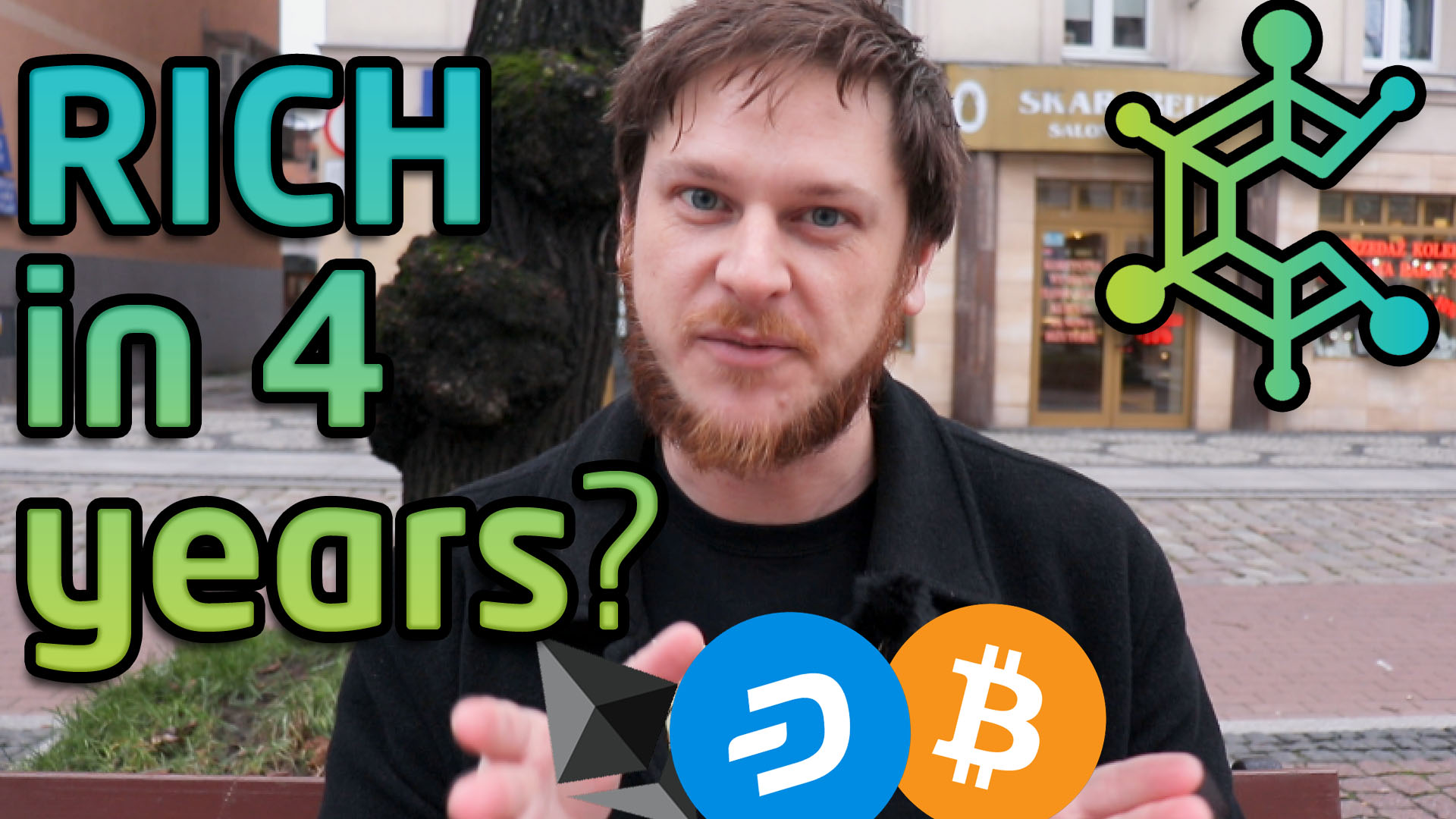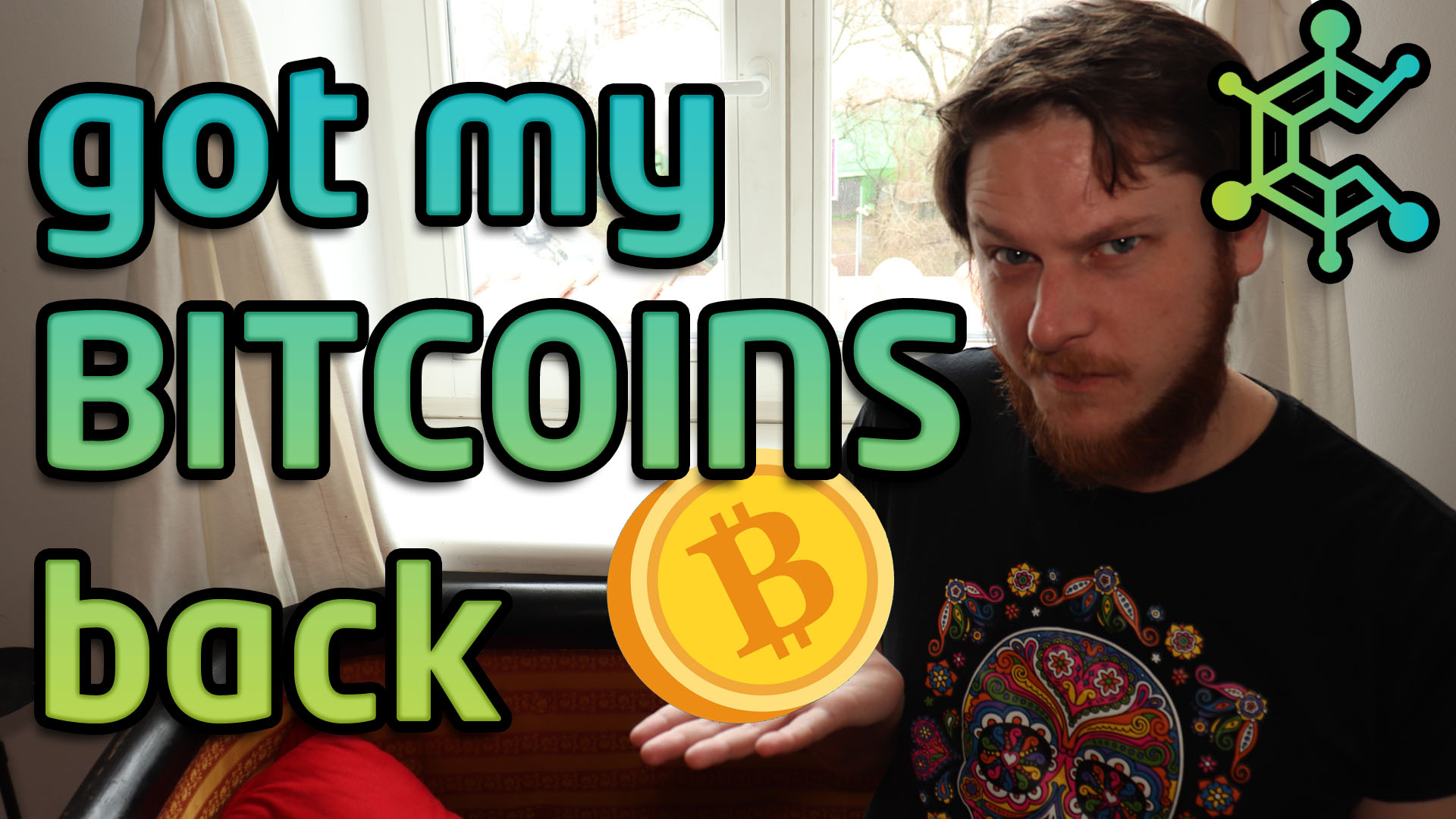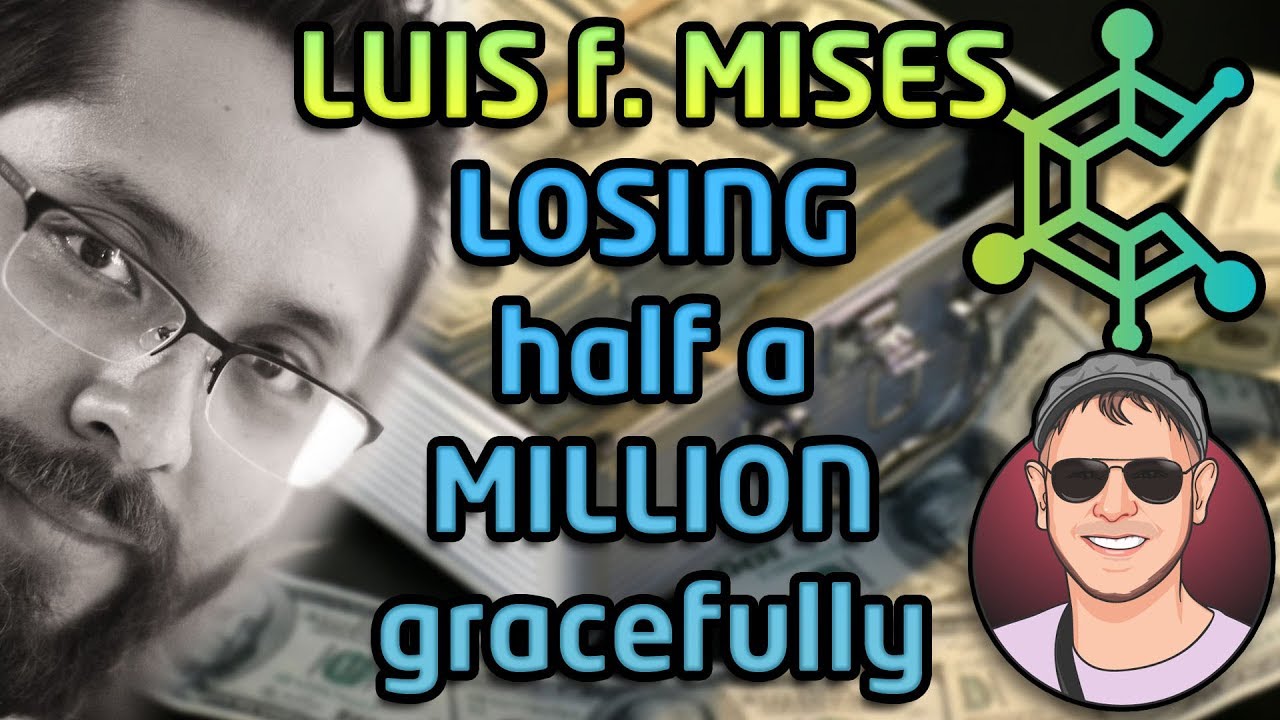
Patreon has blocked YouTuber Sargon of Akkad for dropping N bombs, calling it hate speech. Now many customers and creators are leaving Patreon even if they don’t like Sargon. Turns out when it comes to people spending their money, they don’t like being Patreon-ised.
Let’s talk about it.
Scroll down to watch and listen to this episode of Cryptonomics.
Welcome to Cryptonomics, principles of cryptocurrency and investing. Thanks to everyone sharing these videos. I saw a bunch of Steemians comment and resteem my last post – codysamuelson, drewhudson, sha0ran and rave02, thank you kindly.
So Patreon has decided to block Sargon. I don’t see what the big deal is. I mean, all he did was say …
You are acting like a bunch of n***ers, just so you know. You act like white n***ers – exactly how you describe black people acting is the impression dealing with the alt-right.
You carry on, but don’t then expect me to have a debate with one of your f***ots
Maybe you’re just acting like a n***er mate.
Do you think white people act like this? White people are meant to be polite and respectful to one another, and you guys can’t even act like white people.
Listen to the whole interview here.
Ahhh… that’s pretty bad. Yeah, he probably should get a PR coach there.
Even so, this interview is from 10 months ago, and he never posted this interview on Patreon. It seems like the staff went out of their way to get some dirt, and that’s making a lot of creators on Patreon nervous. Who knows if they could find something on Twitter from 5 years back and bring down the banhammer. People suspect that it’s more about Sargon’s politics.
So, large payment platform restricts their services to someone politically unpopular. Where have I heard this story before…?
The Wikileaks Blockade
Wikileaks was blocked on all sides, needing money for server costs and probably a bunch of legal fees. They asked if the Bitcoin community might help them out. Satoshi [advised against it](https://bitcointalk.org/index.php?topic=1735.msg26999#msg26999), saying the network wasn’t ready. It was less than 2 years old at that point.
‘Basically, bring it on,’ wrote one poster. Satoshi responded: “No, don’t ‘bring it on.’ The project needs to grow gradually so the software can be strengthened along the way. I make this appeal to WikiLeaks not to try to use bitcoin. Bitcoin is a small beta community in its infancy. You would not stand to get more than pocket change, and the heat you would bring would likely destroy us at this stage.
Wikileaks looked at it, waited, then six months later in June 2011 they started calling for Bitcoin donations, kept Wikileaks afloat, and reportedly made a 50,000% profit.
Independent Media Blockades
Sargon’s Patreon problem is just a recent event in a long string of censorship collusion. Back in August 2018, Alex Jones and InfoWars. were banned from YouTube, Twitter, Facebook, everything, all around the same time – most on the same day.
Luke Rudkowski of We Are Change had his videos demonetised long ago, and the other day claimed that videos on other channels will get demonetised just for having him in it.
New Solutions
Sam Harris and Jordan Peterson are now accepting donations on their websites using credit cards or PayPal instead of Patreon. I just wonder how long it will be before someone in alternative media gets blocked from credit card processors.
On Peterson’s site he also accepts Bitcoin, and he has put up his work on BitTube. BitTube is a YouTube alternative which pays crypto based on views. Peterson is also talking about creating a new platform for creatives, which is he says will be harder to censor.
The MasterCard Conspiracy
At one point Ms. Hart said “Payment processing depends on our ability to use the global payment network, and they have rules for what they will process.”
Jacqueline Hart goes back and forth between saying that they have to follow the rules of payment networks like Visa and MasterCard, and it’s entirely their own decision.
Based on that and a few other facts, a YouTuber named [ShortFatOtaku makes the case that the payment shut downs are initiated by MasterCard](https://www.youtube.com/watch?v=IAM3RPRDncU). MasterCard’s plan is to promote immigration to developed nations, so they can get more customers. Imagine having a product with such a high penetration that you have to import customers! Anyone who opposes immigration is an obstacle, so MasterCard puts pressure on Patreon to shut down their funding.
Too late for MasterCard
If that’s really the case, the whole thing is pretty hilarious. A stunt like that might have worked 10 years ago, but now the alternatives are too well-developed. In many ways, this is exactly the kind of scenario that Bitcoin was invented for – a peer to peer system of digital cash, that resists censorship. If two people can access Bitcoin, no political force can stop them, short of entering their homes and handcuffing them.
Assuming this is true, people still aren’t going to give up their MasterCards overnight. Credit and debit cards are just too darn convenient. But in many ways, MasterCard is making themselves less useful, making people find other options and leave them behind. They’re saying that customers can no longer use their service in the way they want. It would be like if Kodak knew about digital cameras and decided to only allow photos to be processed in black and white.
I have to wonder if the execs at MasterCard realising what they’re doing, actively driving people away from them and towards their opposition. We’re all characters on a stage, everyone has their part to play, and these actors push forward, into the next act of history.
What do you think? Is there a conspiracy to shut down independent media? How is it going to turn out for the old guard? What will payment platforms look like in a couple of years? Leave me a thoughtful comment and make my day.
If you’re watching on Facebook, please subscribe on YouTube. My YouTube subscriber count could use a little love. Thanks for listening, thanks for sharing, thanks for being you and stay grateful!
You can listen and subscribe on Anchor and other podcasting services here:
